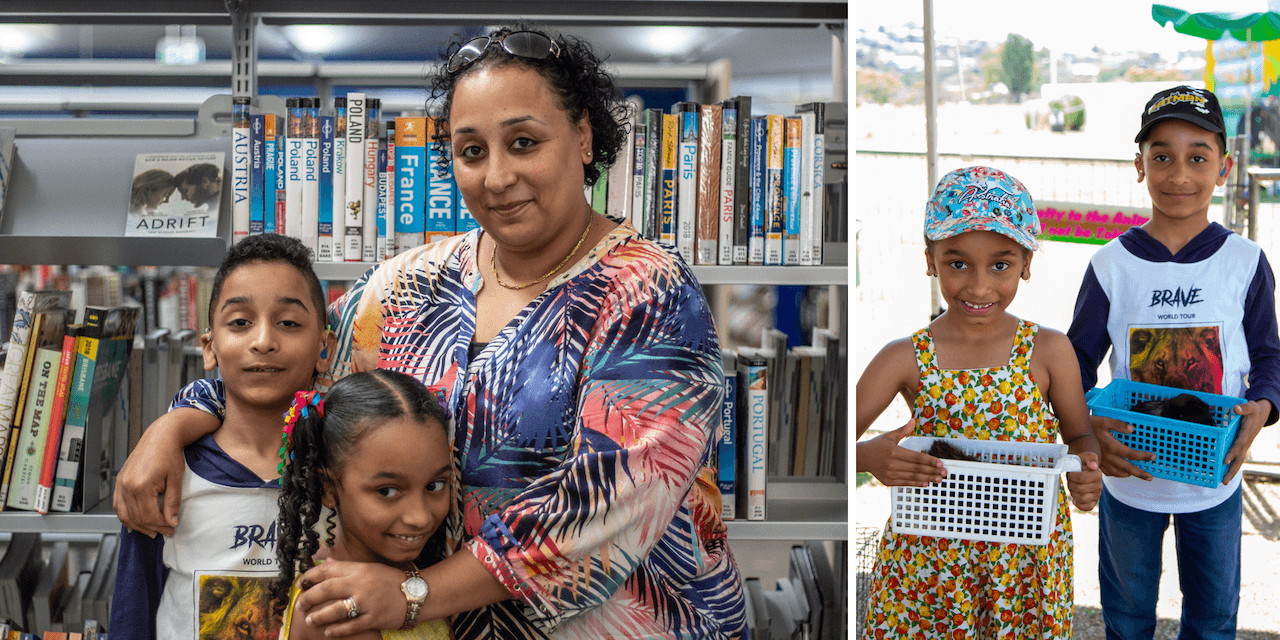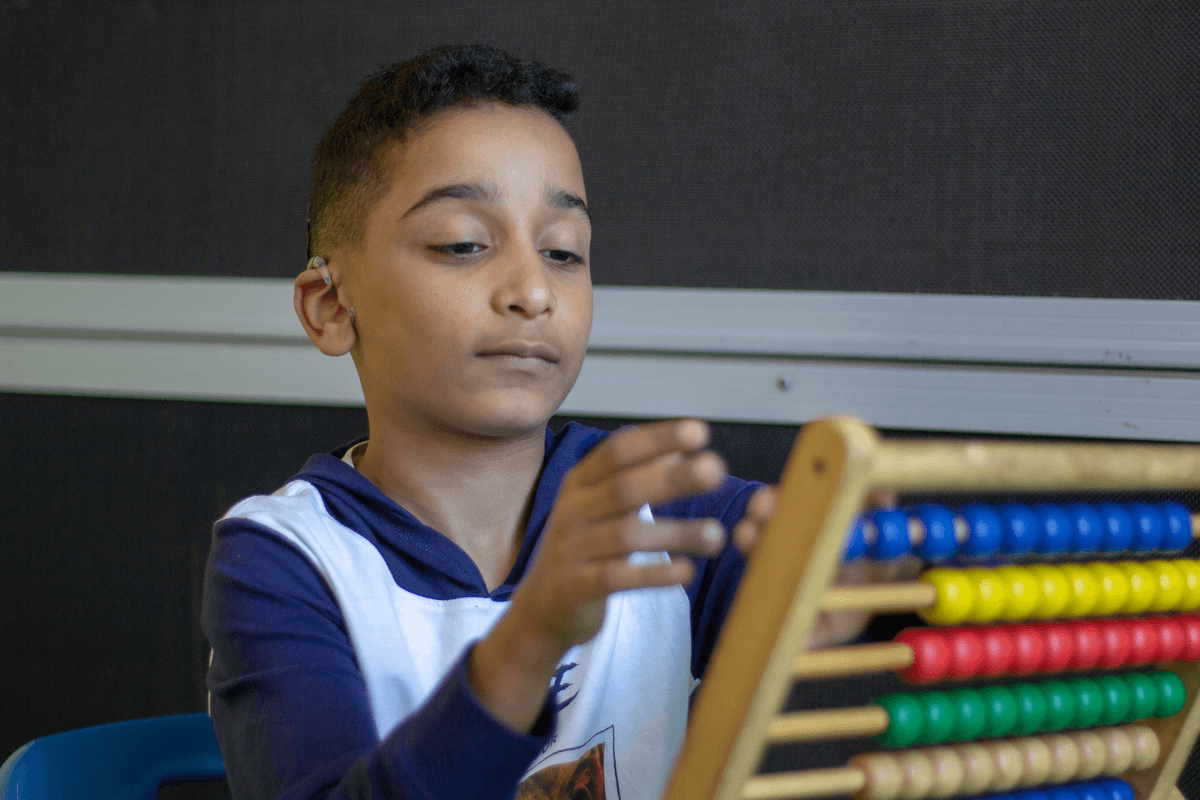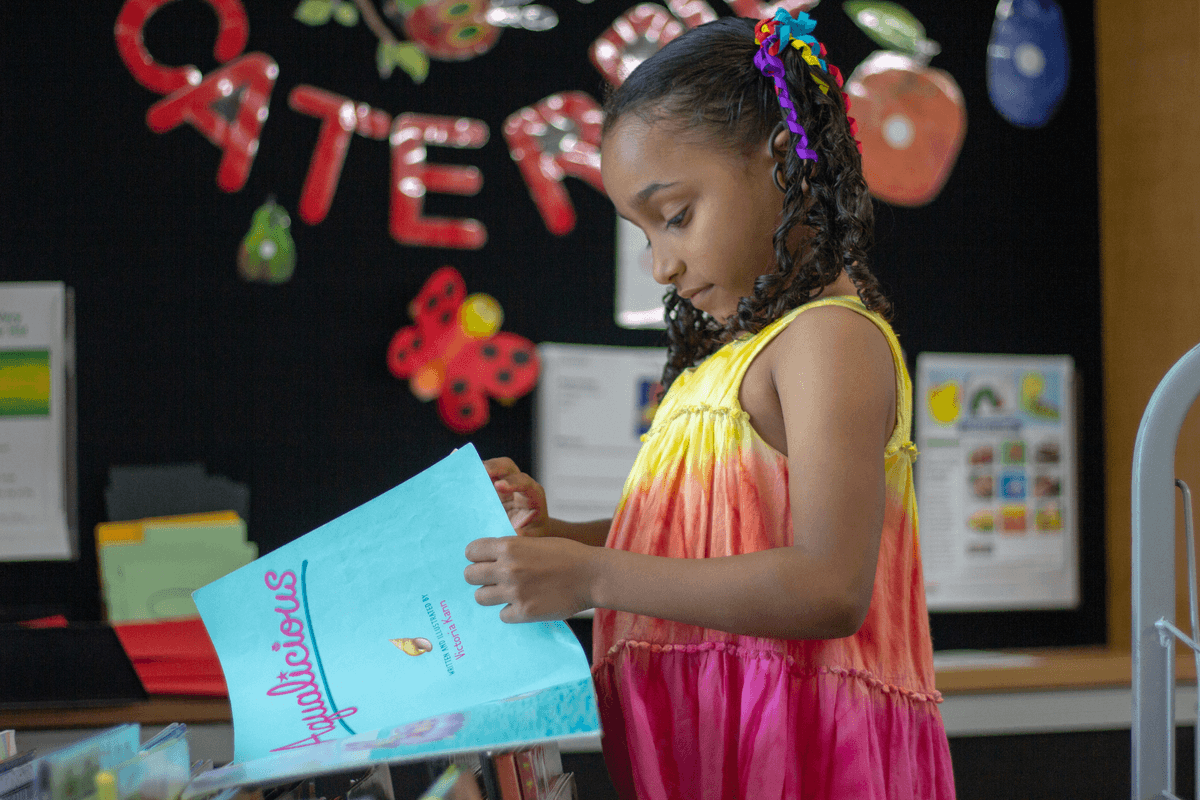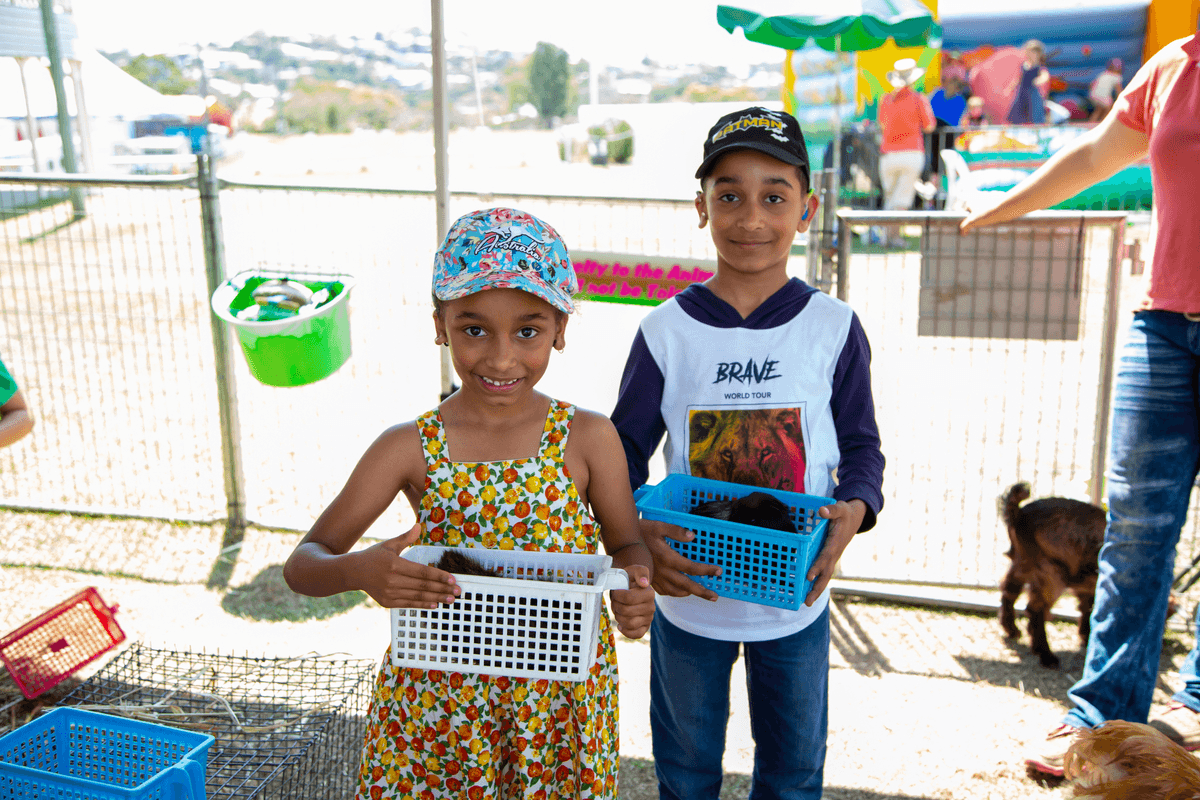Suliman and Aya’s Story

Sara Shakir had only recently arrived in Australian when her son received a late diagnosis of hearing loss.
“I had so many questions about my kids and their future. Hear for Kids guided me through all of it.”
When Sara Shakir’s eldest son Suliman was born, she was completely smitten. Having arrived in Australian from Sudan only two years before, and with no other family other than her husband, Suliman was Sara’s world.
At 17 months of age, however, Suliman was not talking, and had stopped reacting to common sounds, and Sara began to wonder if there was an issue with his hearing.
After an ENT consultation, Suliman was diagnosed with severe glue ear (a blockage of the Eustachian tube) and despite the insertion of grommets to facilitate air flow to the area, Suliman was diagnosed with sensorineural hearing loss. He was fitted with cochlear implants soon after.
“I went through denial and shock,” Sara remembers. “I didn’t know what to expect. My first exposure to deafness was through my kids and I was completely ignorant about it. I was in a very dark place.”

Suliman’s audiologist recommended Sara investigate Education Queensland’s Early Childhood Development Program (ECDP) at Taigum in Brisbane’s north. It was there Suliman and Sara began working with Education Queensland teachers and therapists from Hear for Kids, Deaf Services’ early intervention program.
“It was the best advice I ever got,” Sara says. “I was so lucky. I had so many questions about my kids and their future. There were also questions I didn’t know I should ask. Hear for Kids guided me through all of it.”
Sara describes Suliman’s early Speech Therapy sessions as “extremely difficult,” and details the many threads of communication her family was attempting to braid together.
“Suliman wasn’t speaking at all, which made it hard. At the same time, I was also having to learn English. My first language is Arabic, so I had to concentrate on another language, and only use English at home. Our Speech Therapist Wendy was so encouraging, even when Suliman was tracking so far behind in language.”
Suliman soon started attending Education Queensland Playgroup sessions at Taigum ECDP, supported by HFK therapists. At this time, Sara’s daughter Aya was born.

“I watched Aya like a hawk from a baby,” says Sara. “I felt guilty I had not picked up on Suliman’s hearing sooner. She seemed to be developing faster, and had 25 words in her vocabulary.”
It was during a routine checkup, however, that doctors discovered Aya had even more severe hearing loss than her brother, and it was developing at a rapid rate. Within a year, she had developed complete hearing loss. She soon joined Suliman at the ECDP.
The more time Sara and her children spend with HFK therapists and Education Queensland teachers, the more at home she felt. She says every staff member worked together to ensure her family was looked after.
“I still felt very new to Australia,” Sara remembers. “I had no other family. The support we received was not only for our kids but for my husband and I as well. I knew that even in an OT (Occupational Therapy) session, I could ask questions about other parts of Suliman or Aya’s development, and I would get an answer. I loved that. This communication meant I got all the help that I wanted for my kids. ”
When it came time to apply for funding through the National Disability Insurance Scheme (NDIS), Sara was worried that her children would not get what they needed, but says she received support every step of the way.
“I had someone with me all through my NDIS planning. I knew what NDIS goals I had for my kids, but I didn’t know how to articulate it. I was so stressed about Suliman’s first NDIS meeting, but I had someone there for the whole meeting.”

After her diagnosis, Aya began to communicate in Auslan (Australian Sign Language). Sara admits she was the person who found the language the most difficult to learn, but was grateful for tutoring she received through Playgroup and Pre-Kindy programs at Taigum ECDP.
Both Suliman and Aya are now at school, and continue to receive therapy through the Hear for Kids in School Program, supported by the Queensland Government through the Department of Education and Training, Specialist Disability Support in Schools (SDSS) program.
The both attend Humpybong State School, which Sara describes as “an amazingly inclusive place”.
“The teachers conducted a workshop about deafness at the start of the year for all the students when Suliman started,” Sara explains. “All to make sure Suliman wouldn’t feel different. When Aya started school, she had an interpreter available to her in the classroom twice a week. As well as this, her main teacher was learning Auslan, and there was a teacher aide who knew Auslan. The whole class also had weekly Auslan lessons.”
Auslan classes were also provided to the school staff by Department of Education QLD, who contracted the Deaf Services Education Team to deliver them!
On top of this, Sara says she learned that the school made lunch time “voice off”, so the students could practice their Auslan.
“It was so inclusive for Aya. All her school friends soon knew the alphabet and their names. By the end of second term, they knew three songs in Auslan. I remember attending one assembly and from Prep to year two, all the students had learned I am Australian. No one had made them learn it, they just wanted to. It made me so, so happy.”
